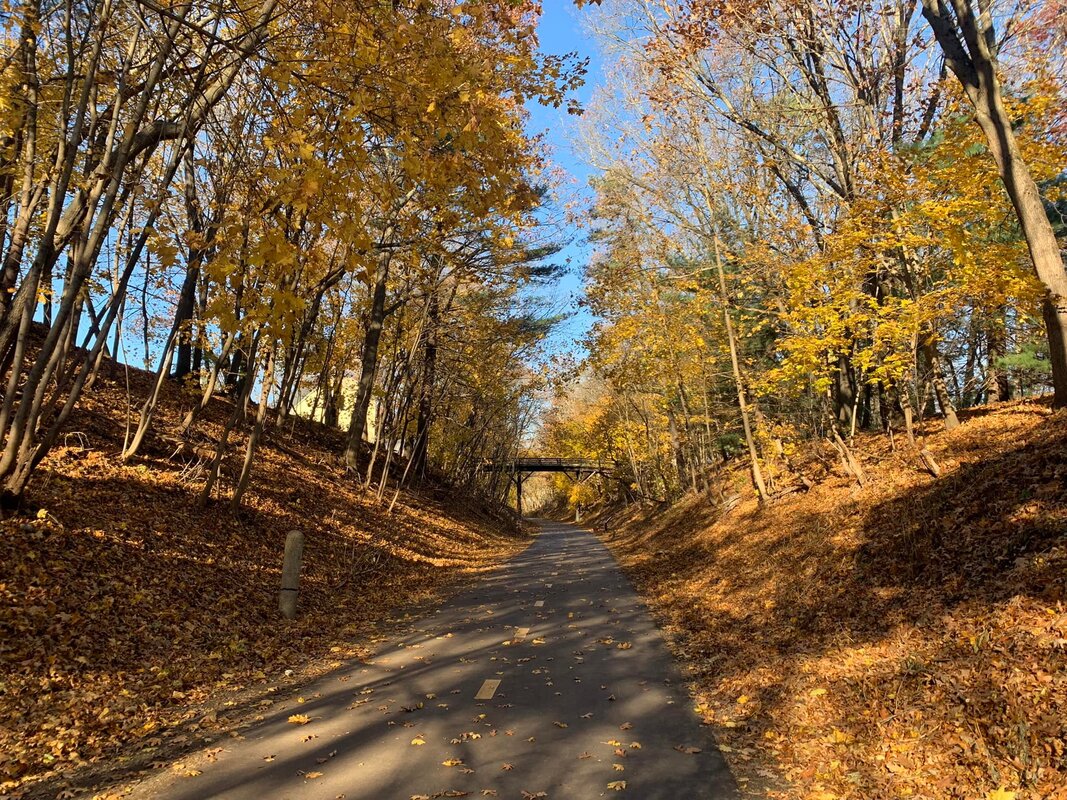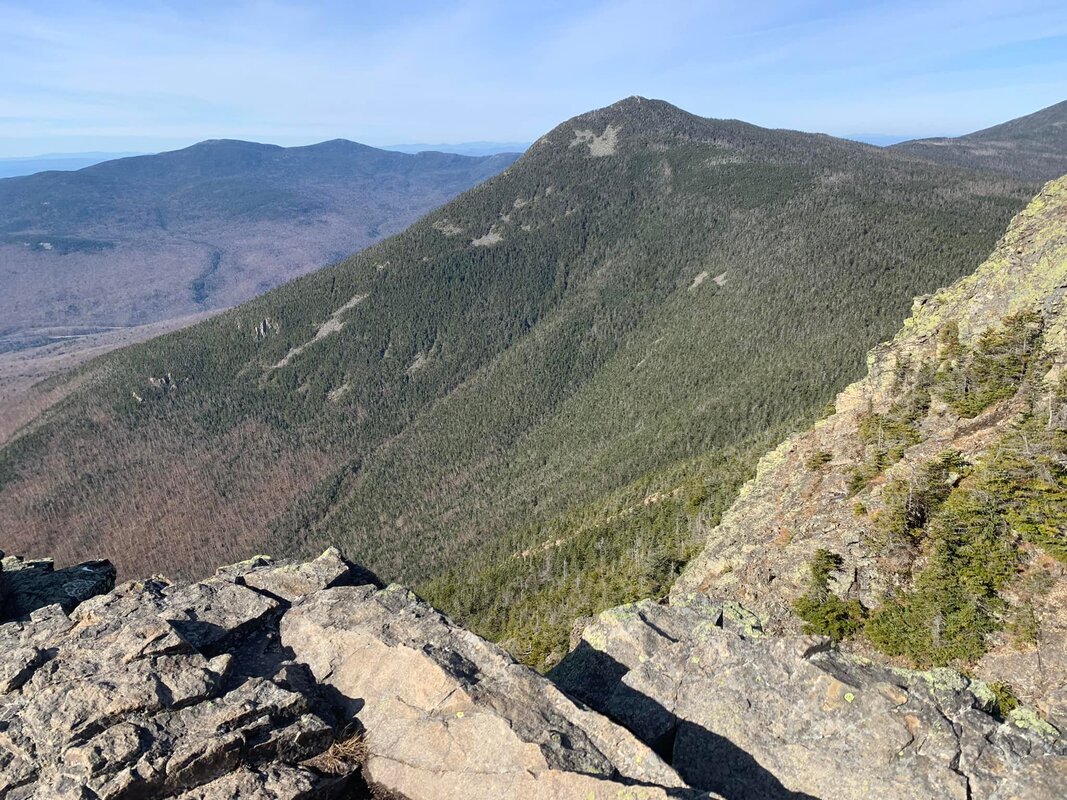|
This is a continuation of the previous post...so maybe you start with that? Otherwise it picks up abruptly... Section 2: Religion and Scripture
From a religious perspective–At least in the west–the root of our approach frequently Comes from that passage in Genesis–from the creation story–that we heard today. You are all no doubt aware of it. We read it every year at least once. “Then God said, ‘Let us make humankind in our image, to be like us. Let them be stewards of the fish in the sea, the birds of the air, the cattle, the wild animals, and everything that crawls on the ground.’” Now, what our Bible translates as “be stewards” is more frequently translated as “have dominion”; “Let them have dominion over the fish in the sea…” That translation (which you may be more familiar with) has most often been used to legitimize our exploitation of the earth. In fact, it has remained unexamined for a long time. After all, it stands behind the idea that the Earth was “Given as a Garden” as a “Cradle for Humanity” as one popular hymn in this church puts it. It implies that it is here for us to harvest in whatever way we wish. While we in this church might like to think of ourselves as being on the side of the “stewards” as our Bibles translate it–to be those fighting for environmental regulations and incentives–that interpretation still gives us dominion, doesn’t it? In many ways we are those stewards, but only when it suits us. We don’t always actually live that way because we move in a world built for human conveniences. From how we make our homes to how we work to how we spend our free time we still act as dominators. It is hard not to! After all, dominion is the side our human culture–certainly our privileged western culture–has chosen and, to some extent, we are trapped in it. Of course we are only trapped in it only as long as we fail to make a cultural change. This is possible to do and it can start with these words from Genesis. It can start by reexamining them in the light, not of recent tradition, but of linguistic and historical interpretation. You see, it also turns out that this same Hebrew word that has been translated as dominion for so long can also be translated to mean “To descend” or “go down”. So you can read that passage as “Let them go down to the fish of the sea, let them descend to the level of …everything that crawls on the ground.” This is not exactly stewardship but it is really not dominion either. In fact, it is something more radical than both. It is the “far pole” of belonging to the Earth and all that is in it as part of a commonwealth of life. That translation changes our starting point doesn’t it? It places us inside creation once again along with everything else that makes our ecosystem function. It also underscores what poor citizens of the commonwealth we humans have become. Now, if we human beings are going to survive, we must find our way out of the lifestyle web–As individuals and as a group–that has been created for us over the course of generations. Things like this new approach–or new again approach–to Genesis, along with the teaching of people like Thich Nhat Hanh, or Isaiah, or Jesus can help to lead the way. If we had more time we could go through the Bible now and find many, many passages about living in harmony with creation as well as passages about the wisdom of the non-human part of the natural world. Can you think of any? First: Pause for suggestions Then (if no one comes up with anything): Suggest Psalm 104, Isaiah 5:1-17, Matthew 6:25-34 When we read the Bible in this way it turns out that we are all called; To bend down and touch the Earth To descend from the high point we have created for ourselves And to renew an ancient conversation With the world we are a part of
0 Comments
Leave a Reply. |
Adam Tierney-EliotI am a full-time pastor in a small, progressive church in Massachusetts. This blog is about the non-church things I do to find spiritual sustenance. Archives
June 2024
Categories
All
|


 RSS Feed
RSS Feed